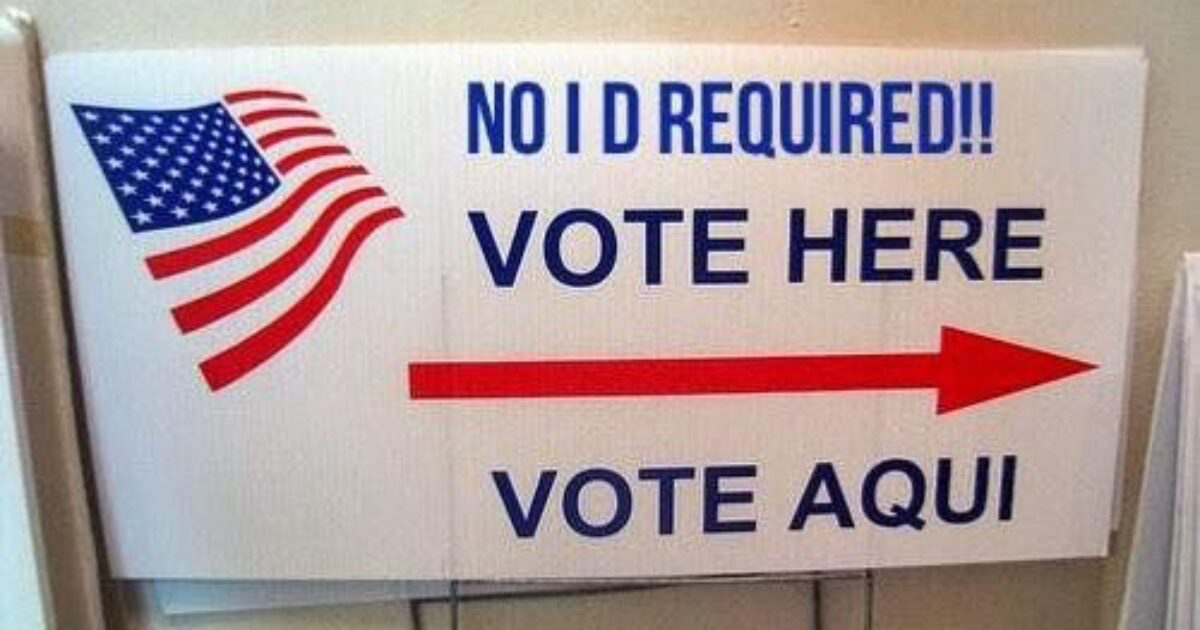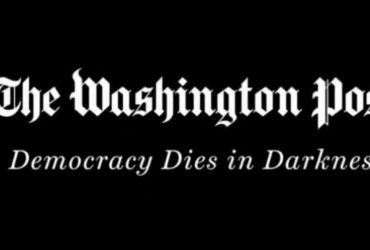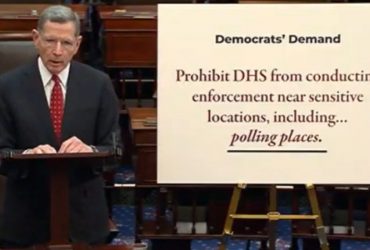In a stunning rebuke to Arizona’s Democrat Secretary of State Adrian Fontes, a federal judge has ruled that he cannot certify the results of the 2024 election if any counties withhold certification due to allegations of fraud.
In the recent federal court case involving American Encore and Adrian Fontes, Arizona’s Secretary of State, Judge Michael T. Liburdi issued an order on a challenge to the Arizona Election Procedures Manual (EPM).
The plaintiffs contended that the manual’s “Speech Provision” and “Canvass Provision” violated the First Amendment and Fourteenth Amendment rights of Arizona voters, specifically claiming it disenfranchised voters by allowing election officials to suppress speech and exclude votes from counties that fail to timely certify their results.
The Speech Provision in the manual explicitly prohibits actions like “raising one’s voice” or using “offensive language” at polling places, which plaintiffs argue could easily be weaponized to silence free speech under the guise of preventing voter intimidation.
Judge Liburdi acknowledged these concerns but noted the state’s intent to ensure orderly polling places. Plaintiffs contended that this rule was overly broad and amounted to unconstitutional censorship, which could have chilling effects on free speech not only near polling places but across the state.
On the Canvass Provision, the plaintiffs claimed that giving the Secretary of State the authority to proceed with the state canvass without counting votes from any county that failed to certify results in time was unprecedented and posed a significant risk of disenfranchising voters.
The plaintiffs cited the 2022 election in Cochise County, where election officials delayed certifying results, as an example of how this rule could be misused to throw out legally cast votes.
In the judge’s ruling, they referred to the “Winter factors,” which come from a 2008 Supreme Court case, Winter v. Natural Resources Defense Council, Inc., and are used to evaluate whether a court should issue a preliminary injunction.
A preliminary injunction is a court order that temporarily halts a specific action while a case is ongoing, preventing potential harm or injustice.
The Court concluded that all four Winter factors weighed decisively in favor of granting the Plaintiffs preliminary relief. As a result, the Court has issued an injunction preventing the Defendants from enforcing the controversial Canvass Provision during the course of the ongoing litigation.
The Winter test, derived from the Supreme Court case Winter v. Natural Resources Defense Council, Inc., establishes the criteria for courts to grant preliminary injunctions. To succeed, a plaintiff must demonstrate: (1) a likelihood of success on the merits of the case, (2) a likelihood of suffering irreparable harm in the absence of preliminary relief, (3) that the balance of equities tips in their favor, and (4) that an injunction is in the public interest.
Here, the Court found that the Plaintiffs met all four prongs:
Likelihood of Success on the Merits: The Court determined that the Plaintiffs presented strong legal arguments suggesting that the Canvass Provision, which allows the Arizona Secretary of State to exclude county votes from the state’s final tally if a county withholds certification, is unconstitutional. This provision potentially disenfranchises entire counties and undermines the integrity of the electoral process. The Court found that the Plaintiffs had a strong chance of succeeding in proving that this provision violated federal law and the Constitution.
Irreparable Harm: The Court agreed with the Plaintiffs’ argument that enforcing the Canvass Provision would cause irreparable harm to Arizona voters by depriving them of their constitutional right to have their votes counted. Once voters are disenfranchised, the harm cannot be undone after the fact, making this a key factor in favor of the Plaintiffs.
Balance of Equities: The Court weighed the potential harms to both sides and found that the harm to voters and counties if the Canvass Provision were enforced outweighed any inconvenience to the Secretary of State. The ability to certify election results must be balanced with the need to ensure that those results are accurate and representative of all votes cast. In this case, the balance of equities tipped in favor of preventing potential disenfranchisement.
Public Interest: Finally, the Court determined that the public interest favored halting the Canvass Provision’s enforcement. The integrity of the electoral process and the right of all eligible voters to have their voices heard are paramount in a democratic society. Allowing the provision to remain in place during the legal proceedings could undermine public confidence in the fairness of elections.
As a result of these findings, the Court ruled to enjoin, or temporarily block, the enforcement of the Canvass Provision while the case proceeds.
This means that until the final resolution of the case, the Arizona Secretary of State will be prohibited from certifying statewide election results if any counties withhold certification due to fraud or other concerns.
BREAKING: A federal judge in Arizona just ruled that the Democrat Secretary of State can NOT certify the results of the 2024 election if any counties withhold certification due to fraud
“Plaintiffs allege that the plain terms of the Canvass Provision require the Secretary to… pic.twitter.com/cD9862KRTZ
— George (@BehizyTweets) September 28, 2024
You can read the ruling below:
The post Federal Judge Blocks Arizona Democrat Secretary of State from Certifying 2024 Election if Counties Withhold Certification Due to Fraud appeared first on The Gateway Pundit.











